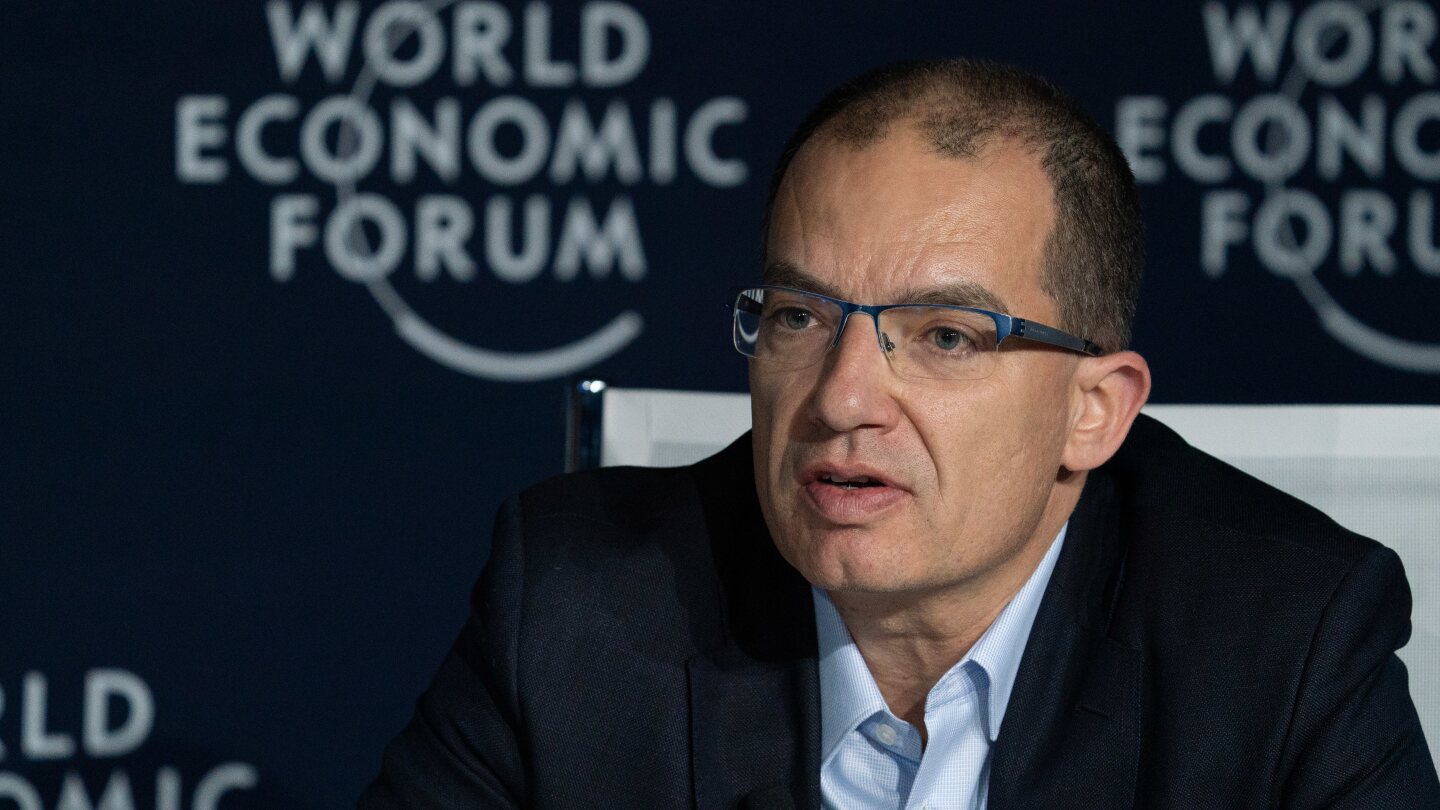Policy
Phacilitate’s annual event dawns as cell and gene therapies reach a new tipping point: the science has hit new heights just as regulatory and government policies spark momentum and frustration.
Bristol Myers Squibb, GSK and Merck are contributing drug ingredients as part of their deals with the White House but are keeping many of the terms of their agreements private.
The FDA’s rare pediatric disease priority review voucher program missed reauthorization at the last minute in 2024; advocates have been fighting to get it back ever since.
Growing opposition to vaccines in the U.S., driven by recent government policy changes, makes it difficult to see a return on investment in vaccine development, Moderna CEO Stéphane Bancel said this week.
Incoming PhRMA Chair Paul Hudson, a day before the White House announcement, pledged to work with the administration as the president turns to insurers as a source of cost savings for prescription medicines.
Acadia Pharma’s Catherine Owen Adams is one of the founders of a group of small- to mid-cap biotechs advocating against a ‘peanut butter blanket’ approach to drug pricing for small companies.
In his annual letter, Flagship Pioneering’s Noubar Afeyan lays out a choice between near-term “human-made miracles” and a reversion to the pain and suffering of past diseases due to “growing contempt” in the U.S. for the scientific method.
Pharmas will need to provide their latest stance on the Most Favored Nation drug pricing plans, while biotech finally gets a break after a few tough years.
Only a handful of the top pharmas have signed Most Favored Nation drug pricing deals with the White House, while smaller biotechs continue to hang in limbo.
More than a dozen pharmas have recently struck deals with the White House to lower drug prices. Nevertheless, drugmakers reportedly plan to raise the U.S. prices of at least 350 branded medications.
PRESS RELEASES










